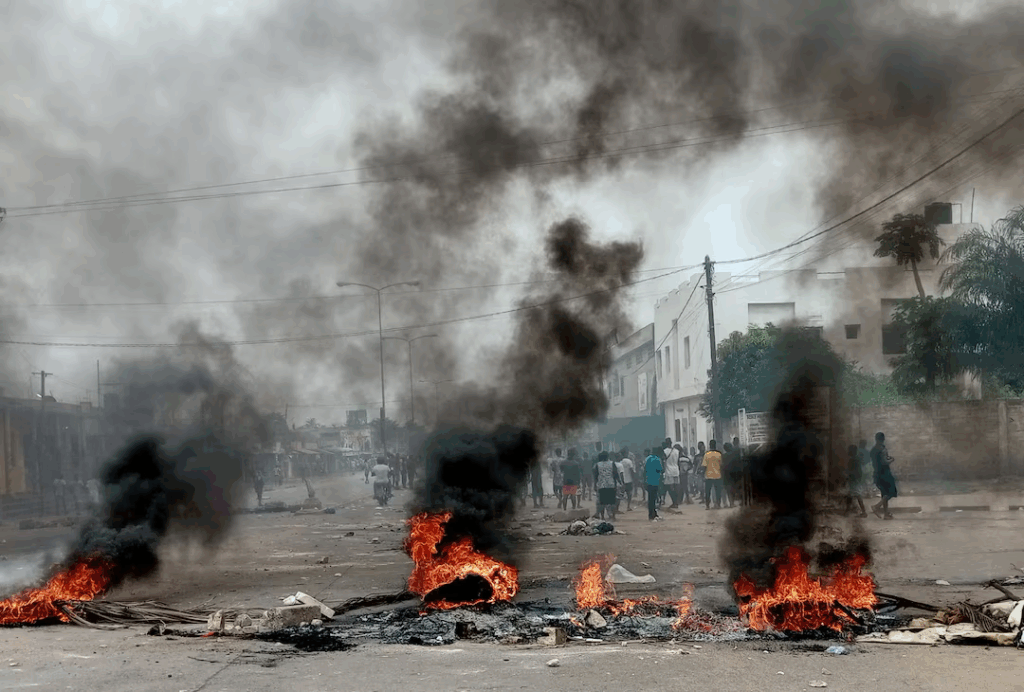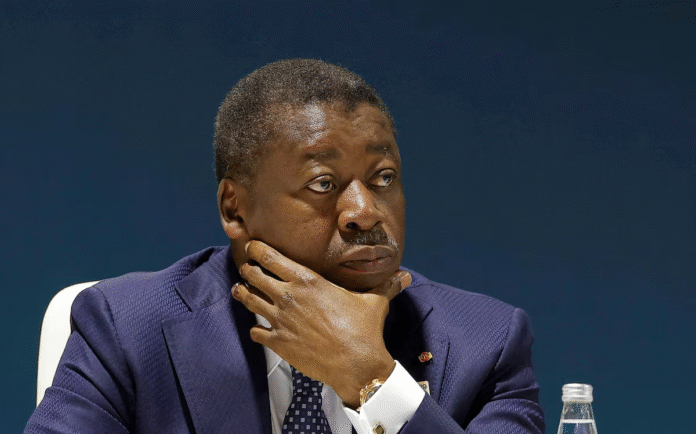Director of Democratic Futures in Africa at the Open Society Foundations, Dr Chukwuemeka B. Eze, says the era when political elites dictated what democracy should mean in Africa is over.
He believes citizens, especially youth, women, and rural voices, are now the ones defining democratic expectations on the continent.
Speaking on JoyNews’ PM Express, Dr Eze stressed that Africa is undergoing a political shift led by new generations who are organising around social and economic justice rather than political ideologies.
“Africa is witnessing the emergence of a new political dispensation. This is championed by a new generation of leadership. New political cultures are emerging, and new forms of people power,” he said.
Dr Eze’s comments follow unrest in Togo over constitutional changes that critics say are paving the way for President Faure Gnassingbé to rule for life.

But he argued that what is happening in Togo is not isolated.
“It’s not just about Togo. The movements in Senegal, Nigeria, Ghana, Kenya, South Africa, Sudan and the Sahel, such as Occupy Parliament, Recall Your MP, Text Your MP, End SARS, Free Senegal—they are not focusing on political ideologies, and that’s what people don’t understand.”
According to him, these movements are not being organised along ethnic lines but are being driven by intersecting and inclusive demands from people who feel left behind.
“They are organising around social economic justice, rather than even stolen elections or human rights violations, and they are asking a simple question.”
That question, Dr Eze said, is now being asked by demographics long told they were the leaders of tomorrow.
“These are people who have been promised over time that the future belongs to you. They now want to interrogate that future.”
He said the new democratic conversation must no longer be confined to elite boardrooms or capital cities.
“Whether it is from the rural centres or urban centres, they are questioning what democracy is delivering for them. So the States can no longer decide what democracy should deliver to the people. The people are saying, ‘This is what we want democracy to deliver'”.
Reflecting on recent history, he warned that leaders who fail to see the shift will be left behind.
“The leaders who cannot read between the lines, in my opinion, will be on the wrong side of history. They are rendering creative, discrete and nuanced support to these people, power, spaces, places and processes.”
Drawing from his past analysis at the West Africa Network for Peacebuilding (WANEP), Dr Eze said many of today’s developments had been predicted.
“Even while I was still heading WANEP, post-Emmanuel Bombande’s era, we had alluded to that. When Mali happened, we were very clear that there are remaining countries that will soon go in the same direction, and we have been vindicated.”
He pointed to term limits as one of the recurring fault lines in West Africa’s democratic struggles.
“Term limits have always been a very controversial issue and a trigger to most of the political instabilities we have had, at least in West Africa. And that’s why history does not lie.”
DISCLAIMER: The Views, Comments, Opinions, Contributions and Statements made by Readers and Contributors on this platform do not necessarily represent the views or policy of Multimedia Group Limited.
DISCLAIMER: The Views, Comments, Opinions, Contributions and Statements made by Readers and Contributors on this platform do not necessarily represent the views or policy of Multimedia Group Limited.



